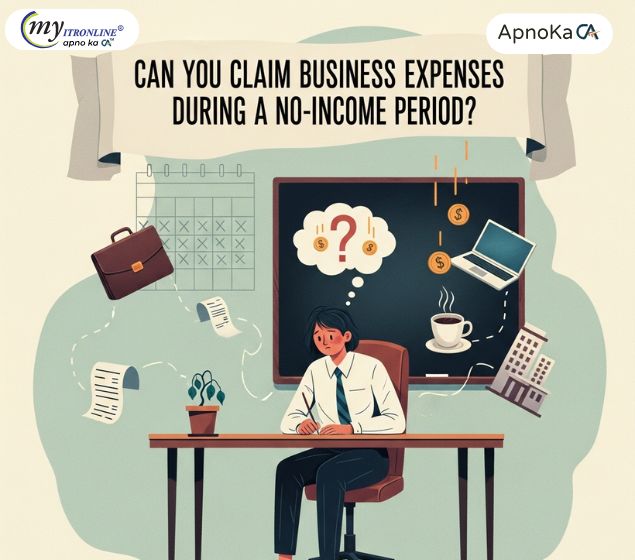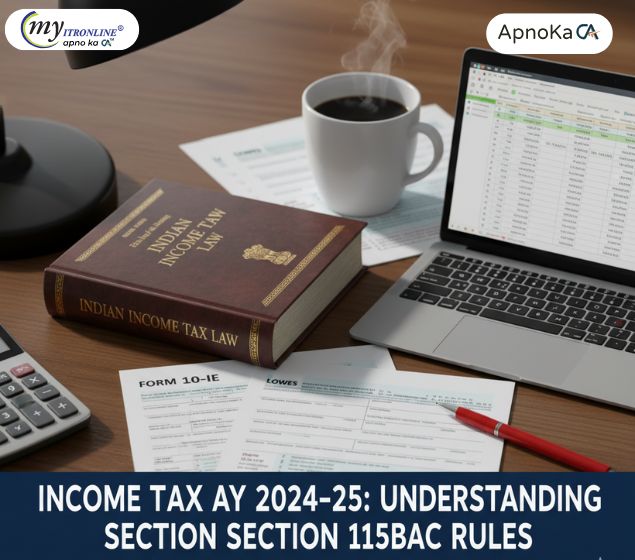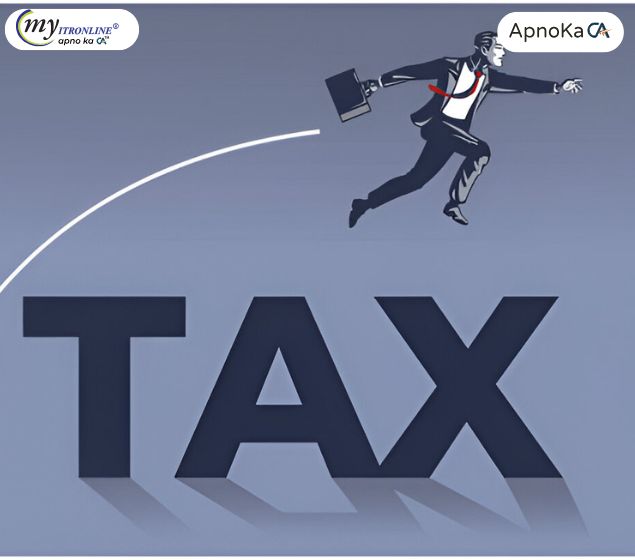# taxdeductions
12 posts in `taxdeductions` tag

Can You Claim Business Expenses During a No-Income Period?
This blog explains whether a business can claim deductions for expenses like rent, salaries, and utilities during a period of zero income. It focuses on Section 37(1) of the Income Tax Act and clarifies the difference between an idle business and one that never started. Includes a checklist to help taxpayers understand eligibility.

Income Tax AY 2024–25: Understanding Section 115BAC Rules
Section 115BAC introduces a simplified tax structure with reduced slab rates, but at the cost of foregoing key exemptions and deductions. Effective from AY 2024–25 as the default regime, this blog explains the revised tax slabs, outlines the benefits that are no longer available, and guides taxpayers on choosing between the new and old regimes based on their financial profile and investment habits.
.jpg)
The Latest on Partner Remuneration: FY 2025-26 Tax Changes Explained
The FY 2025-26 brings crucial changes for partnership firms & LLPs regarding partner remuneration. This blog decodes the new, increased deduction limits under Section 40(b) and the mandatory TDS introduction via Section 194T on payments to partners. It covers who's a working partner, the role of the partnership deed, and essential compliance steps for firms.
.jpg)
New Tax Regime for ITR-1 Filers: Everything You Need to Know for AY 2025-26
The New Tax Regime is now default for FY 2024-25. Our comprehensive guide helps salaried individuals and pensioners file ITR-1 (Sahaj) easily, covering eligibility, new deductions like the ₹75,000 standard deduction, and a step-by-step online process. File by September 15, 2025!
.jpg)
India's New Income Tax Regime (Section 115BAC): Your Comprehensive Guide for FY 2024-25 & 2025-26
This comprehensive guide breaks down India's New Income Tax Regime under Section 115BAC, now the default for individuals and HUFs. It details the revised income tax slab rates for Financial Years 2024-25 and 2025-26, highlighting the increased basic exemption limits and the enhanced rebate under Section 87A. The article clearly outlines the limited deductions and exemptions still allowed (e.g., standard deduction, employer's NPS contribution) versus the numerous ones no longer applicable. It concludes by helping taxpayers determine whether the new regime or the old regime is more beneficial for their specific financial situation and explains the process for switching between the two.

Income Tax Notice: Decoding Section 142(1) for Missing Deductions in Your ITR
This comprehensive blog post demystifies Section 142(1) notices from the Income Tax Department, specifically when issued for missing or incorrect deductions in your ITR. It explains the purpose of such notices, common reasons for their issuance (like Form 26AS/AIS/TIS mismatches or lack of supporting documents), and provides a step-by-step guide on how to prepare an accurate and timely response. The post also highlights the severe consequences of non-compliance and offers valuable tips for prevention through meticulous record-keeping and thorough ITR review.

Old Tax Regime Benefits: Essential Deductions (80E, 80G, 80TTA, 80TTB) Beyond 80C
This blog post delves into crucial tax-saving sections beyond the popular 80C, specifically detailing Sections 80E (education loan interest), 80G (donations), 80TTA (savings interest for non-seniors), and 80TTB (interest on deposits for senior citizens). It explains who can claim these, their limits, and, most importantly, their non-applicability under the New Tax Regime for FY 2024-25. The post encourages taxpayers to compare regimes carefully and highlights myitronline's services for expert assistance.

New Rules for ITR-1 & ITR-4: Your AY 2025-26 Guide (Old Tax System)
This comprehensive blog post outlines the significant changes introduced by the Income Tax Department for Assessment Year 2025-26 (FY 2024-25) concerning ITR-1 (Sahaj) and ITR-4 (Sugam) under the Old Tax Regime. It details the newly mandated annexures for claiming various deductions, including HRA, Section 80C, 80D, 80DD, 80DDB, 80E, 80EE, and 80EEB. Readers will find crucial information on the new required fields for each section, key points to remember for seamless e-filing, common validation errors to avoid, and important deadlines. The post emphasizes the importance of accurate data submission and retaining supporting documents to ensure tax compliance.

Rectify Your ITR: Claim Forgotten Section 80C Deductions and Avoid Penalties
This blog post provides a comprehensive guide for taxpayers who have missed claiming eligible deductions under Section 80C of the Income Tax Act, 1961, in their original Income Tax Return (ITR). It explains the importance of Section 80C, the concept of a Revised ITR, and offers a detailed step-by-step process for filing a revised return online. The article also emphasizes the significance of adhering to deadlines to avoid penalties and provides essential tips for a smooth filing experience, ensuring taxpayers can reclaim their rightful tax benefits
.jpg)
Don't Miss Out! Maximize Section 87A & Claim Every Deduction in Your FY 2024-25 ITR
Maximize your savings and simplify your ITR filing for FY 2024-25! Discover how to effectively utilize the Section 87A rebate and navigate the complexities of deductions under both the old and new tax regimes. This essential guide empowers you to make informed choices, accurately claim every eligible deduction, and confidently file your ITR to prevent any unwelcome tax notices.
.jpg)
Act Now! 5 Tax-Saving Strategies to Beat the March 31 Deadline
The tax-saving investment deadline of March 31 draws near. To maximize your savings and lower your tax burden for FY 2023–2024, you should put these five tax-saving methods into practice before the deadline. Discover how to maximize your tax-saving options, from collecting health insurance and home loan advantages to optimizing Section 80C investments.
.jpg)
HRA and LTA Explained: Essential Tax Benefits for Salaried Individuals in 2024
This blog discusses the tax benefits of the House Rent Allowance (HRA) and Leave Travel Allowance (LTA) under the Income Tax Act. Learn how to calculate HRA exemptions, claim LTA benefits, and compare the old and new tax systems to optimize your tax savings in 2024.
